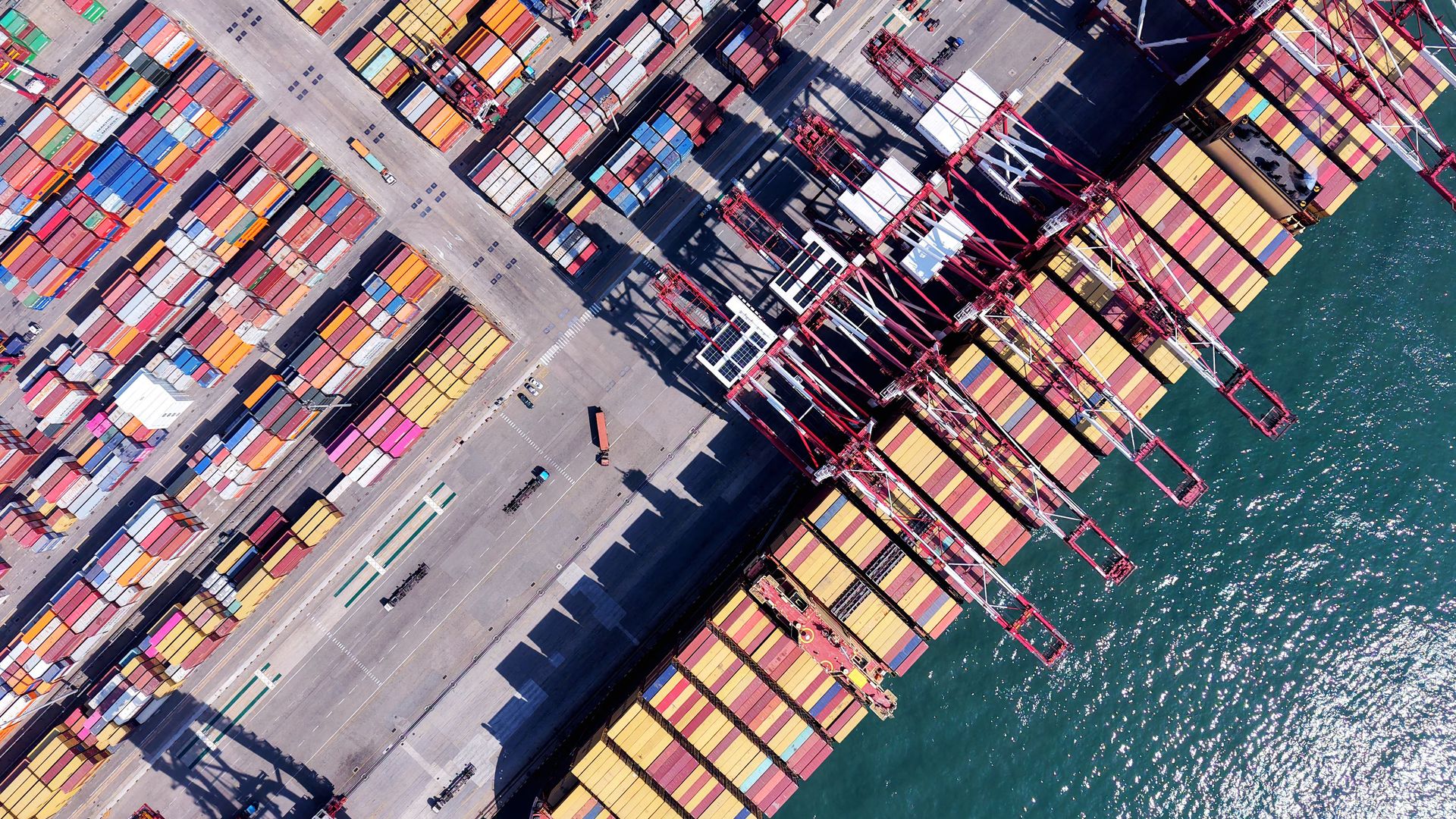Tariff Tango: How Chinese Firms Dodge Trump's Trade Barriers Through Global Manufacturing Sleight of Hand

In a cunning attempt to circumvent U.S. trade restrictions, some Chinese manufacturers have been employing a sophisticated strategy known as "product washing" to dodge hefty tariffs originally implemented during the Trump administration.
This complex maneuver involves strategically rerouting products through third countries or making minimal modifications to manufacturing processes, effectively disguising the origin of goods and attempting to sidestep punitive trade measures. By exploiting legal loopholes and international trade regulations, these companies seek to maintain their competitive edge in the global market.
The practice highlights the ongoing economic tensions between the United States and China, revealing the intricate ways businesses adapt to geopolitical trade challenges. While such tactics may provide short-term relief for manufacturers, they also risk triggering further scrutiny and potential retaliatory actions from U.S. trade authorities.
Experts suggest that this "product washing" trend underscores the complex and dynamic nature of international trade, where companies continually seek innovative strategies to navigate restrictive economic policies and maintain their global market presence.
